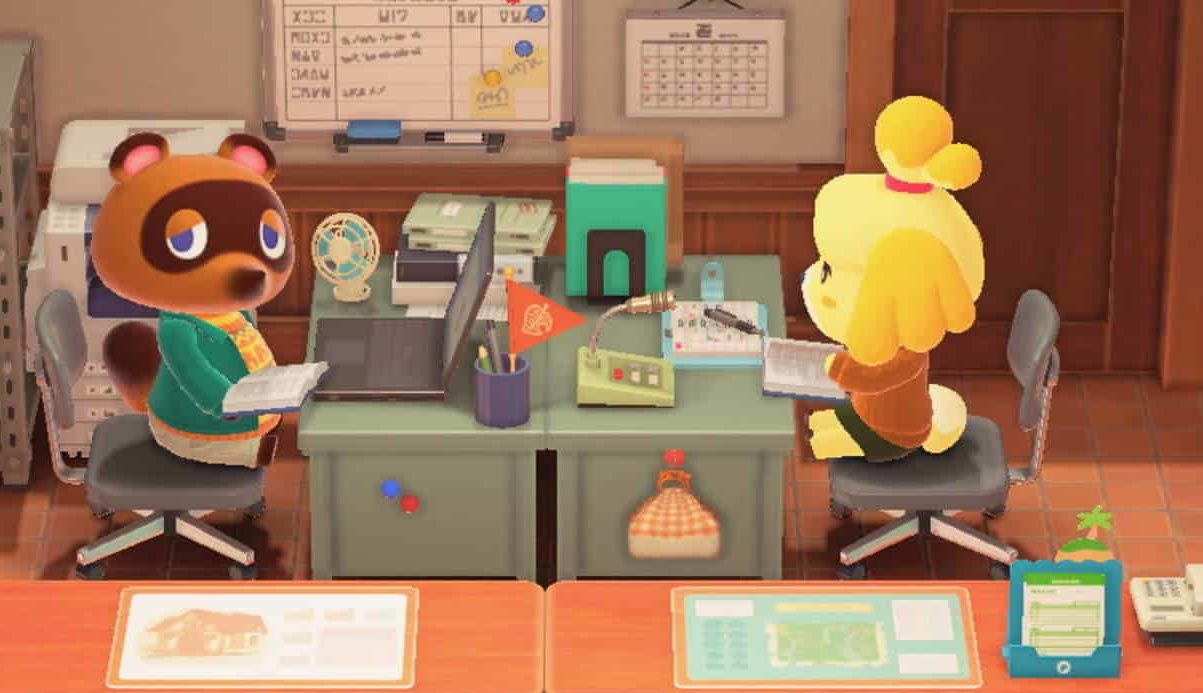Cyberpunk 2077, that highly anticipated game we’ve been waiting for for literally years, is finally about to be released. It’s had hype, it’s had controversies, it’s got beloved actor Keanu Reeves, and its unquestionably one of the hottest – and most contentious – releases this year. Its launch day is tomorrow, and reviews for it are up, almost all very favourable indeed. But the review process for many outlets has been tinged with the unique flavour of crunch.
No, not the same crunch that game developers go through for weeks and months at a time, mandated or ‘encouraged’ by managers. I mean the crunch games reviewers get when they receive a review copy for a 100+ hour game just a few days before the review’s embargo date. It’s impossible to speak for all, but the general story from most outlets is that they haven’t been able to spend even a week with Cyberpunk 2077.
At the time of writing, Checkpoint has not received our own code yet, nor have many others. And many outlets who have managed to secure a copy are reporting having to spend gruelling hours with the game just to get their review out on time. Given the story surrounding Cyberpunk 2077’s development and release, it just goes to show that crunch culture is bad for everyone: the employees, the studio, the consumers, and the reviewers too.
On November 22nd, a QA tester for CD Projekt Red tweeted this photograph, illustrating how they had spent 175 hours on just one playthrough of the game:
How it started How it's going pic.twitter.com/b4JL6bIVBf
— Łukasz Babiel (@pjpkowski) November 21, 2020
Though the QA tester explained that he was purposefully taking it slow, the implication was clear: Cyberpunk 2077 is a massive game. CD Projekt Red designed it that way, clearly. Everything we’ve seen about the game, from previews to marketing material, have all impressed upon us how much Night City has for us to explore and experience. Now that reviews for the game are starting to come out, we know that the main story alone takes somewhere between 35-45 hours to complete. Many articles cite having had a similar amount of time with the game before writing the review – having played and written it all in just a few days. And reading through these reviews, the effect this has had on the authors is clear.
In one review, the author talks about forgoing sleep in favour of spending up to 18 hours a day with the game. In a tweet, they wrote, “I’m so tired I feel physically ill.”
A reviewer for Kotaku Australia stated that the long hours they put into the game caused their partner to “tearfully question the sanity of letting work encroach upon our personal lives to the point of physical distress”.
In milder examples, reviews talk about bypassing sidequests purely to finish the game on time. Others say that despite the 30 hours spent in the game, they feel like they’ve barely scratched the surface. These kinds of statements in reviews are not unique to Cyberpunk 2077, but it all points to the same truth: reviewers simply didn’t have enough time to review this game properly.
Just like with the games made under crunch, that doesn’t mean the reviews don’t get done, or that they’re not good. But under so much pressure and after so little sleep, it’s hard to argue that reviewers are able to do their best work. “45 hours of gameplay in 2.5 days,” one reviewer tweeted. “Wrote this review between 1.30am and 3.30am on very little sleep so, I’m not sure if it even makes any sense, you tell me.”
Quite apart from the fact that it puts the reviewer through the grinder, it’s impossible to form a cohesive opinion under such conditions. Games are not made to be rushed through in hours. They are designed to be played over days or, in the case of a massive game like Cyberpunk 2077, weeks. A reviewer from Forbes has admitted as much: speaking about how their experience of Red Dead Redemption 2 was shaped by having to play through it in such a small amount of time, they say, ” I gave that game a higher score than I should have based on the intensity of the playthrough and writing process warping my experience”.

This echoes my own experience too. I didn’t receive my review copy of Animal Crossing: New Horizons until launch day, meaning I had to scramble to get it done. With that frame of mind, I took several aspects for granted and didn’t let the game sit with me for any real length of time. At the time, I gave it a 9; but had I written that review even 2 weeks later, it would have been an 8. I spent a week with Animal Crossing – these reviewers seem to have gotten around half that.
In the face of the crunch the game’s developers suffer through, it feels wrong to compare 2-3 days of playing a game non-stop to the weeks and months that developers often have to spend actually making it. But crunch is crunch, whether it’s three days or three months, and it doesn’t help anybody. CD Projekt Red is not responsible for these reviewers sacrificing their health for their work, but it’s indicative of a larger issue overall. CD Projekt Red’s own mandatory crunch, followed by its third delay soon afterwards, speaks to a game that was either too large, or managed too poorly, to be properly ready by release date. It stands to reason that the review codes weren’t ready by release date either.
The Last of Us Part II, Ghost of Tsushima, and Hyrule Warriors: Age of Calamity, all big-budget titles, are just some examples of the games provided to us, a less famous outlet, as early as three weeks before embargo date. This amount of time allowed us to play through the game without time pressure, process the game’s good and bad parts, and go back and replay sections to ensure no mistakes are made. More importantly, we could play the game the way it was meant to be played: with breaks in between, without doggedly aiming for the end credits while ignoring all optional content.
The effects of crunch culture do not stop at the studio doors, and makes life harder for all of us. Though review scores are not too likely to have been wildly altered by the reviewer’s experience, it’s impossible to fully divorce such an intense experience from the final opinion. Sidequests will have been missed, things will have been forgotten or glossed over. With so few days with Cyberpunk 2077, these reviews will struggle to be anything more than first impressions.





